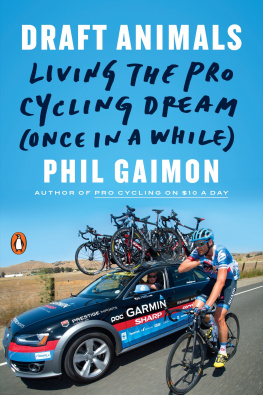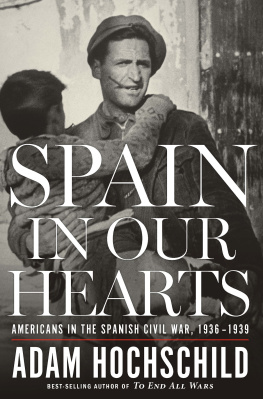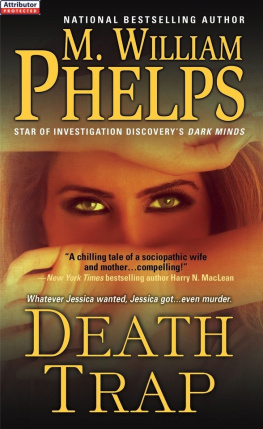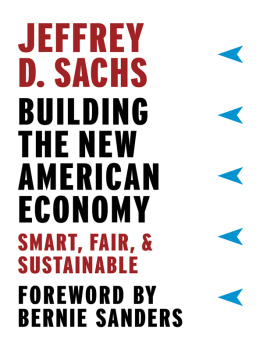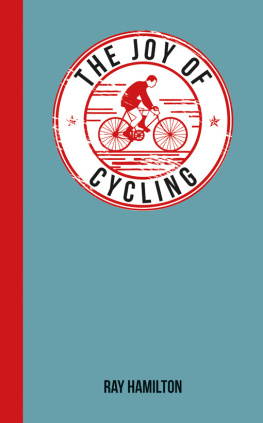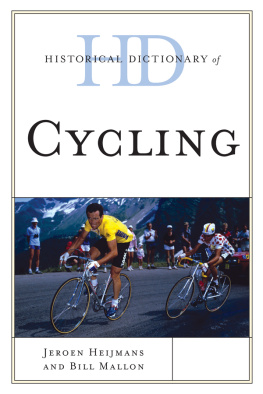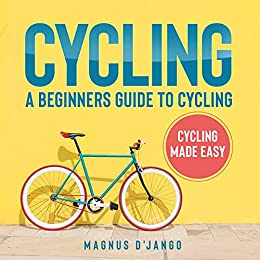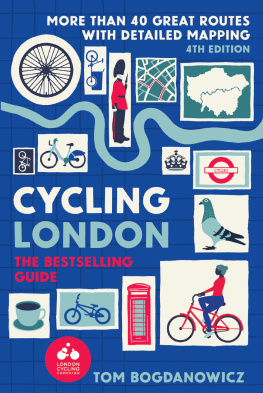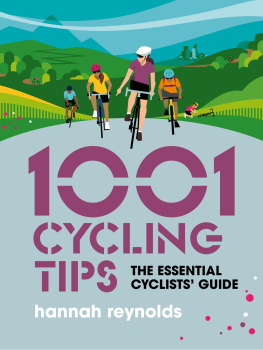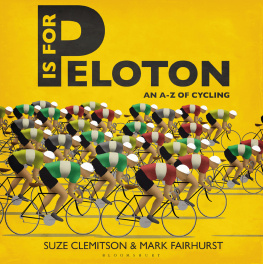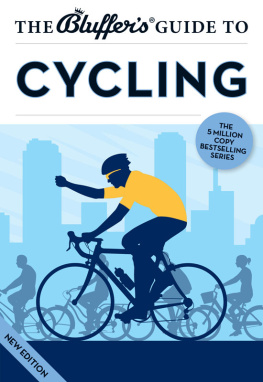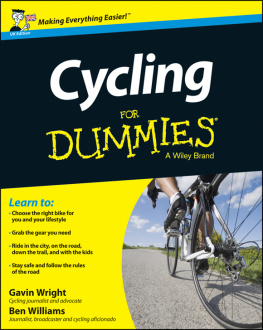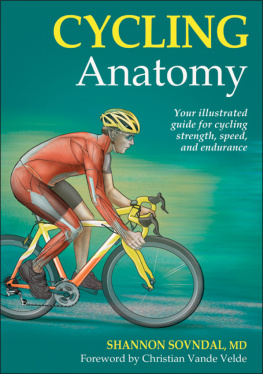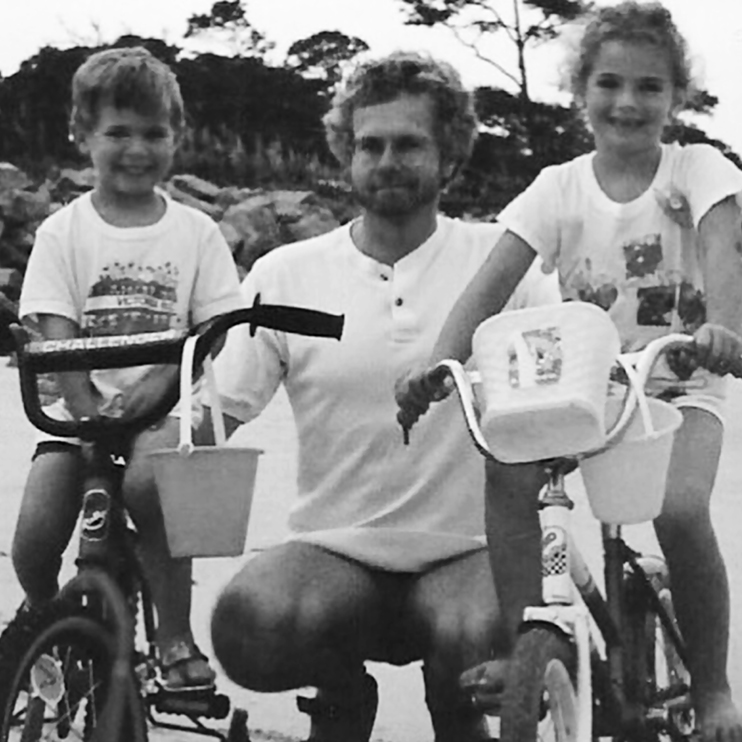PENGUIN BOOKS
DRAFT ANIMALS
Phil Gaimon was a professional cyclist from 20092016, including two years in the WorldTour with Garmin-Sharp (2014) and Cannondale (2016). He is the author of Pro Cycling on $10 a Day (2014) and Ask a Pro (2016) and an ordained minister, amateur comedian, podcaster, entrepreneur, and host of Phils Fondo. Phil is retired from racing but still rides his bike for fun and Strava.
PENGUIN BOOKS
An imprint of Penguin Random House LLC
375 Hudson Street
New York, New York 10014
penguin.com
Copyright 2017 by Phil Gaimon
Penguin supports copyright. Copyright fuels creativity, encourages diverse voices, promotes free speech, and creates a vibrant culture. Thank you for buying an authorized edition of this book and for complying with copyright laws by not reproducing, scanning, or distributing any part of it in any form without permission. You are supporting writers and allowing Penguin to continue to publish books for every reader.
Photograph credits:
: VeloImages
: Laura Meseguer
: Nate King
: Doug Earnest
All other photos taken by the author.
LIBRARY OF CONGRESS CATALOGING-I N-PUBLICATION DATA
Names: Gaimon, Phil, author.
Title: Draft animals : living the pro cycling dream (once in a while) / Phil Gaimon.
Description: New York, New York : Penguin Books an imprint of Penguin Random House, LLC, [2018]
Identifiers: LCCN 2017015784 (print) | LCCN 2017029915 (ebook) | ISBN 9781524705008 (ebook) | ISBN 9780143131243
Subjects: LCSH: Gaimon, Phil. | CyclistsUnited StatesBiography. | Bicycle RacingEurope.
Classification: LCC GV1051.G35 (ebook) | LCC GV1051.G35 A3 2018 (print) | DDC 796.6/2092 [B]dc23
LC record available at https://lccn.loc.gov/2017015784
Penguin is committed to publishing works of quality and integrity. In that spirit, we are proud to offer this book to our readers; however, the story, the experiences, and the words are the authors alone.
Some names and identifying characteristics have been changed to protect the privacy of the individuals involved.
Cover design: Nayon Cho
Cover photograph: Casey B. Gibson, 2014
Version_1
To Dad
INTRODUCTION
I AWOKE IN THE middle of the afternoon on a sidewalk in Trinidad, wrapped in a strip of dusty carpet Id torn from a roll in a strangers garage. My left arm was numb from its role as a pillow, so I shook it out, using my right hand to brush away the flies buzzing around my eyes, before I dug through my backpack to find the jersey of whatever team I was sweating for that week, with riders Id never heard of and sponsor names I couldnt pronounce. At twenty-six years old, Id won some big races that season, finally clawing my way to a real pro contract after years of hard work and sacrifice. I thought that meant that the tough times were behind me, but now I knew that was wrong. Will this ever end? When do I get to feel like Ive made it?
When I was a kid, celebrities and athletes told my generation to never give up on our dreams, promising that if we dug deep and believed in ourselves, we could also achieve great things. It sounds nice, but they left out that for every big winner, there were thousands who put in the same effort, but just werent good enough. The losers dont get a microphone to tell their story, so you dont realize how much failure is out there and your perspective is skewed. I guess I was lucky to land somewhere in the middle.
I was born the day of the Challenger Space Shuttle disaster, so I saw myself as an astronaut eventually, but I wouldnt have ruled out the next Michael Jordandreams that must have worried my parents. Mom was raised in Brooklyn. By twenty-four, shed finished a PhD in management at Carnegie Mellon University, where she met my dad. He grew up in postWorld War II Germany and came to the United States on a Fulbright scholarship to study computer science. They both earned tenure as professors at Georgia Tech, so while Jordan told me to just do it, my parents reminded me of a guy who once laced my Nikes at Stride Rite and talked about his years playing pro basketball in Europea cautionary tale to show me and my sister the value of practical goals, security, and stability. Mom and Dad made good money, but they cut coupons from the newspaper and drove Toyotas with roll-down windows, saving up for our college funds or a rainy day.
We lived in Tucker, Georgia, an old railroad-town-turned-suburb near Atlanta, where the shops on Main Street all had names like Grandmas Attic and never lasted more than a year or two. Bikeways of Tucker was across the tracks past the hardware store, and rumor has it, before it was filled with spokes and sprockets, the building was a meeting place for the KKK.
When the Olympics came to Atlanta in 1996, we went to the track and field finals. I was ten years old, in awe, imagining what it would be like to join that club, to be one of the best athletes in the world. I could see that nothing on Earth was more coveted or harder earned than a gold medal. Dad always thought sports were silly, but he humored me on my birthday, spending $299 at Sports Authority and mixing cement in a wheelbarrow to install a basketball hoop in our driveway (it came out a little crooked, but I never said a word).
The closest thing my family did to sports or exercise was riding bikes together. One of my earliest memories is visiting my dads relatives in Germany, where we took a day trip to the Netherlands, exploring local paths on borrowed cruisers. I remember having lunch at a restaurant by a river, with a waterwheel at the entrance. Dutch pancakes are yellow and the size of a manhole cover, so I shared one with my sister, and on the way home, Dad had to push me into the headwind or wed never have made it back.
Every summer, my parents would load up the minivan and rent a house on Jekyll Island, Georgia, for a week. Dad and I got up early to ride our Huffys to the caf in the courtyard of the Jekyll Island Club Hotel. Hed buy a coffee and a newspaper, and Id have a Fudge Brownie Chip cookie, which was the greatest thing Id ever tasted. I teased my dad for always carrying a backpack when we were on vacation, but he liked to stop at the market for groceries on the way home. I remember once when the express lane was 15 items or less, he counted sixteen in our basket and waited in the longer line, refusing to put back the flowers hed bought for my mom. Dad followed the rules, and he stuck to his principles.
Me, Dad, and my sister Valerie, Jekyll Island, GA.
At seventeen, I thought I was too old to do the Jekyll trip with my parents, so Id get the cookie with my dad, ride an angst-fueled lap of the island by myself, and watch TV at the rental house while they went to the beach. At first, I was annoyed that there was nothing on other than the Tour de France,
Dad said I was wasting my vacation.
Why would anyone care who wins a bike race? he asked.
But I had to see if Lances Discovery Channel team would catch the breakaway, pulling in the wind while Armstrong hid in their draft to save energy for his next devastating attack. There were all sorts of prizes and races within the race that affected teams strategies, from stage victories and sprints to the king of the mountain jersey for the best climber. Sweeping around castles and coastlines, the peloton was a symphony, and bike racing was a magical combination of a fistfight and a chess match.

